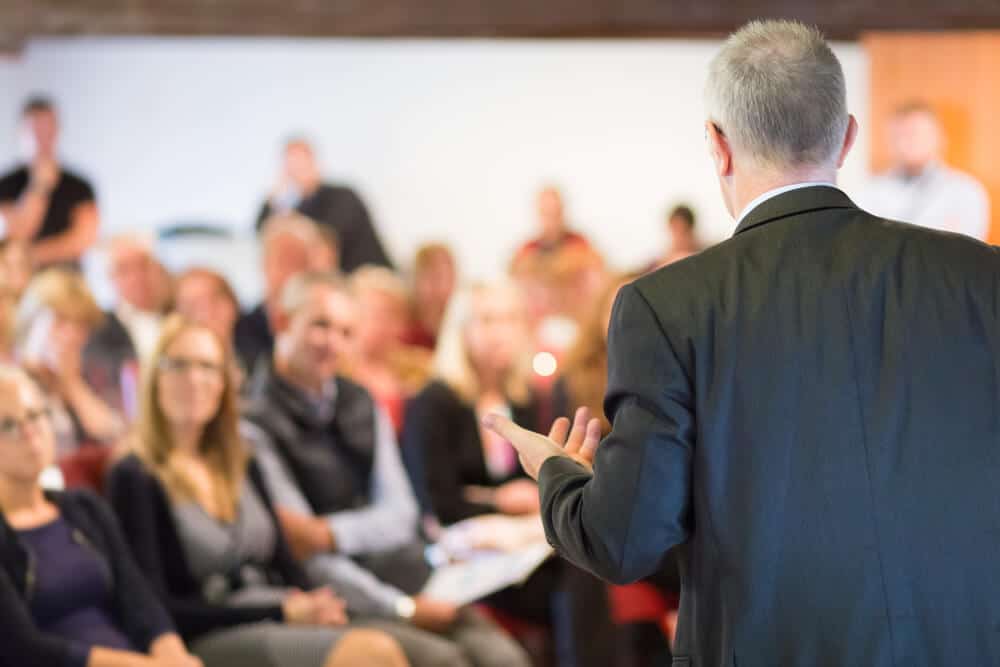Event marketing is the process of promoting and creating buzz around an event to drive attendance and engagement. A successful event marketing campaign can generate excitement, increase attendance, and create a memorable experience for attendees. In this article, we will discuss some effective event marketing strategies that can help you drive attendance and engagement.
Define Your Target Audience
- Before you start promoting your event, it’s important to define your target audience. Who are you trying to reach? What are their interests, preferences, and pain points? By understanding your audience, you can tailor your marketing messages and tactics to resonate with them.
Develop a Strong Event Brand
2. Your event brand is the visual and verbal identity that represents your event. A strong event brand can help you stand out in a crowded market and create a lasting impression on attendees. Make sure your event brand is consistent across all marketing channels, including your website, social media, and promotional materials.
Leverage Social Media
3. Social media is a powerful tool for event marketing, as it allows you to reach a large audience and engage with them in real-time. Create a social media strategy that includes posts, stories, and live videos leading up to and during the event. Encourage attendees to use event hashtags and share their experiences on social media.
Use Email Marketing
4. Email marketing is a great way to reach your target audience directly and drive attendance. Build an email list of potential attendees and send them personalized, engaging emails that highlight the benefits of attending your event. Include a clear call-to-action that encourages them to register or RSVP.
Partner with Influencers
5. Partnering with influencers or industry leaders can help you reach a wider audience and build credibility for your event. Identify influencers who have a strong following in your target audience and collaborate with them to promote your event on their social media channels or through guest blog posts.
Offer Early-Bird Discounts
6. Offering early-bird discounts or special promotions can incentivize attendees to register early and boost ticket sales. Make sure your promotions are time-bound and limited in availability to create a sense of urgency.
Create Compelling Event Content
7. Creating compelling content such as blog posts, videos, and infographics can help you build excitement for your event and provide value to potential attendees. Use content marketing to educate your audience about the event, showcase speakers or performers, and share behind-the-scenes insights.
Utilize Event Listing Sites
8. Listing your event on popular event listing sites such as Eventbrite, Meetup, and Facebook Events can help you reach a wider audience and drive ticket sales. Make sure your event description is clear and concise, and include high-quality visuals and videos to showcase your event.
Engage Attendees During the Event
9. Engaging attendees during the event is just as important as promoting it beforehand. Use interactive tools such as live polling, gamification, and social media walls to encourage attendees to participate and share their experiences.
Follow Up with Attendees After the Event
10. Following up with attendees after the event can help you build lasting relationships and gather feedback for future events. Send personalized thank-you emails, ask for testimonials or reviews, and provide valuable resources or discounts to keep them engaged.
In conclusion, effective event marketing is a key component of a successful event. By defining your target audience, developing a strong event brand, leveraging social media, partnering with influencers, offering early-bird discounts, creating compelling content, utilizing event listing sites, engaging attendees during the event, and following up with attendees after the event, you can drive attendance and engagement for your next event.
